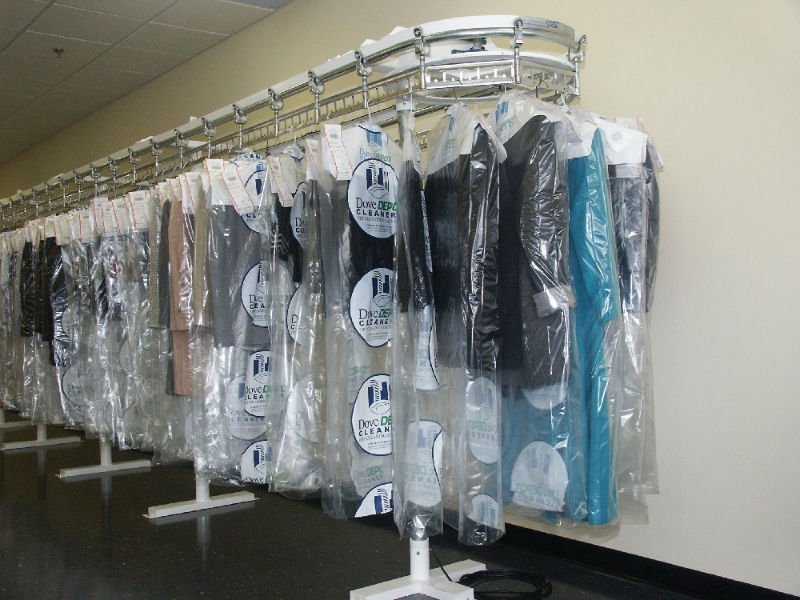To give form
06 Jun 2014, by E Roon KangQuantification is at the heart of modern societies on all levels – from GDP and census to personal bank accounts, Dropbox, and Gmail. Everything is constantly changing and we measure each change in various ways in order to feel in control. If there’s one thing that doesn’t change, it is the speed of time passing. Since it is a rare (if not only) constant in our life, time became the indispensable central unit of all kind of measurements.
This reminds me of the garment conveyors that we see in every laundromat. As soon as I hook a cloth on, it slowly and apathetically moves my garment towards the back of the room, no matter what type or color the garment is. Whenever I see a clock, or when I sync my Gmail inbox, I feel like I’m hooking myself onto this giant conveyor, moving at a constant speed, where everything is flattened into a single strand of continuous movement.

However, my perception of time isn’t constant or continuous. It is fragmentary, organic, and most of all, malleable. When I daydream on a train, it might only “last” a second, but the train of thought travels further, and time dilates. It seems as if time stands still in the middle of a boring lecture, but it can’t move slowly enough when lying down on a Mediterranean beach. This subjective perception of time is dependent on personal experiences, emotions, and memory. It is primarily based on bodily senses.
We do not know how to gauge these senses. Since these perceptions are not easily quantifiable, they are undervalued. They hold little to no value in modern life. I need to be back at work punctually, and the fact that my Mediterranean vacation is passing too quickly is no excuse to return late. In a society based on uniform Newtonian time, unstandardized personal time is easily ignored, for the sake of mass efficiency.
These bodily senses need adequate representation in life. Finding ways to measure these senses is to acknowledge their existence and to find vocabularies to communicate them. And perhaps by sharing these senses, we can also imagine an alternative framework of time, based on bottom-up consensus of personal times. To give form is “to become a gaze that won’t be forgotten.”
The Flower
Before I called her name,
she was nothing
more than a gesture.
When I called her name,
she came to me
and became a flower.
As I called her name,
will someone please call my name
that suits my light and fragrance?
I, too, long to come to her
and become her flower.
We all long to be something.
You to me, and I, to you,
long to become a gaze that won’t be forgotten.
— by Kim Chun-soo (1922-2004)






